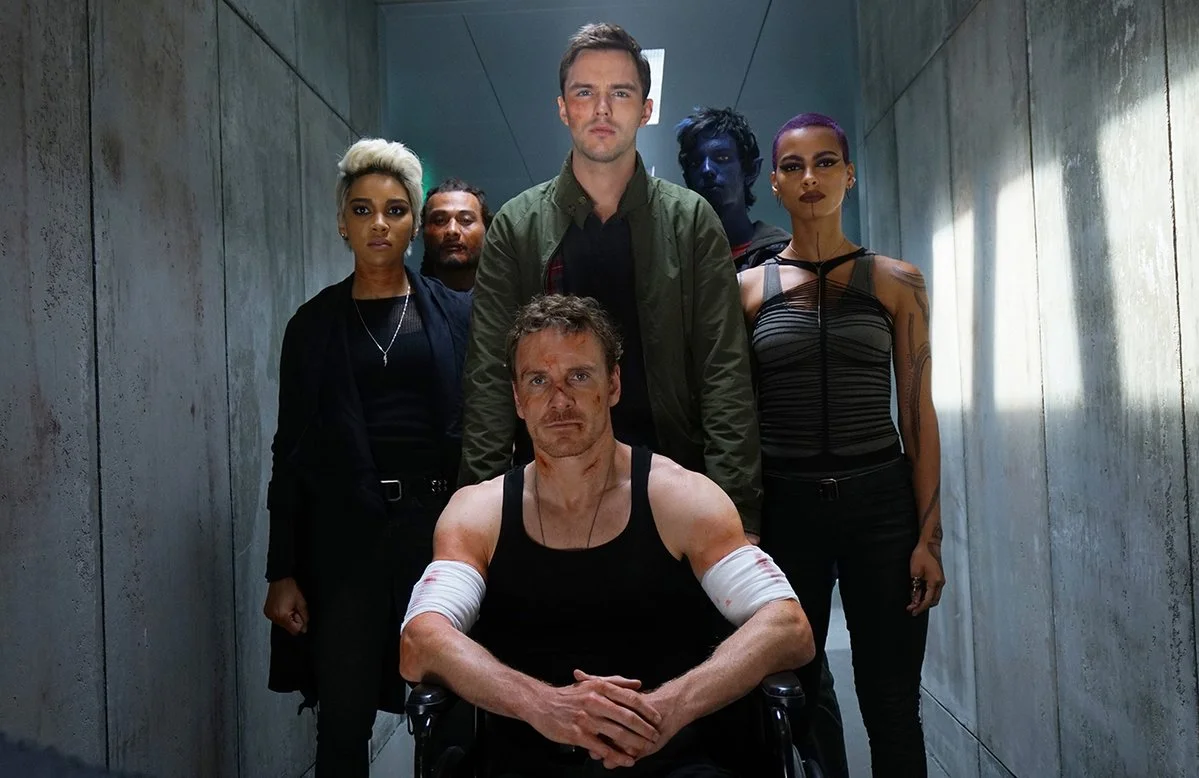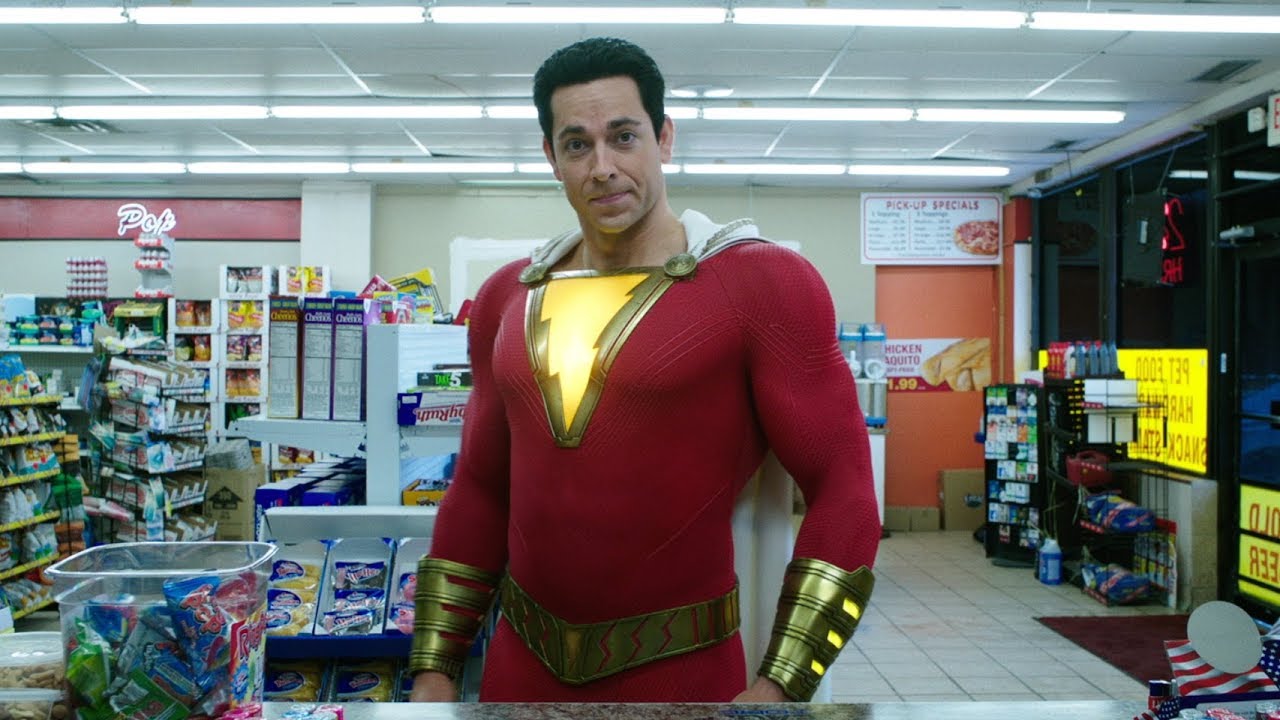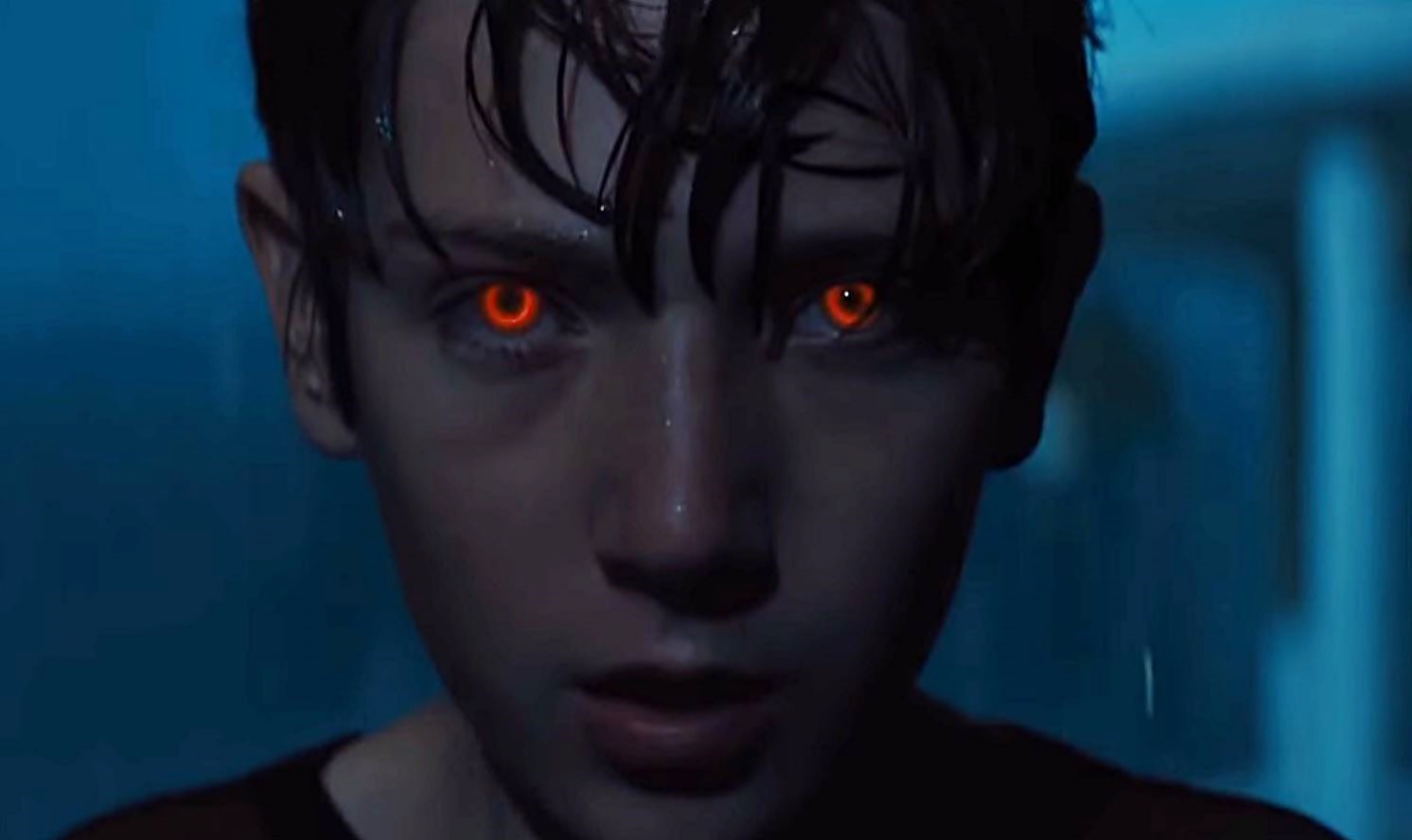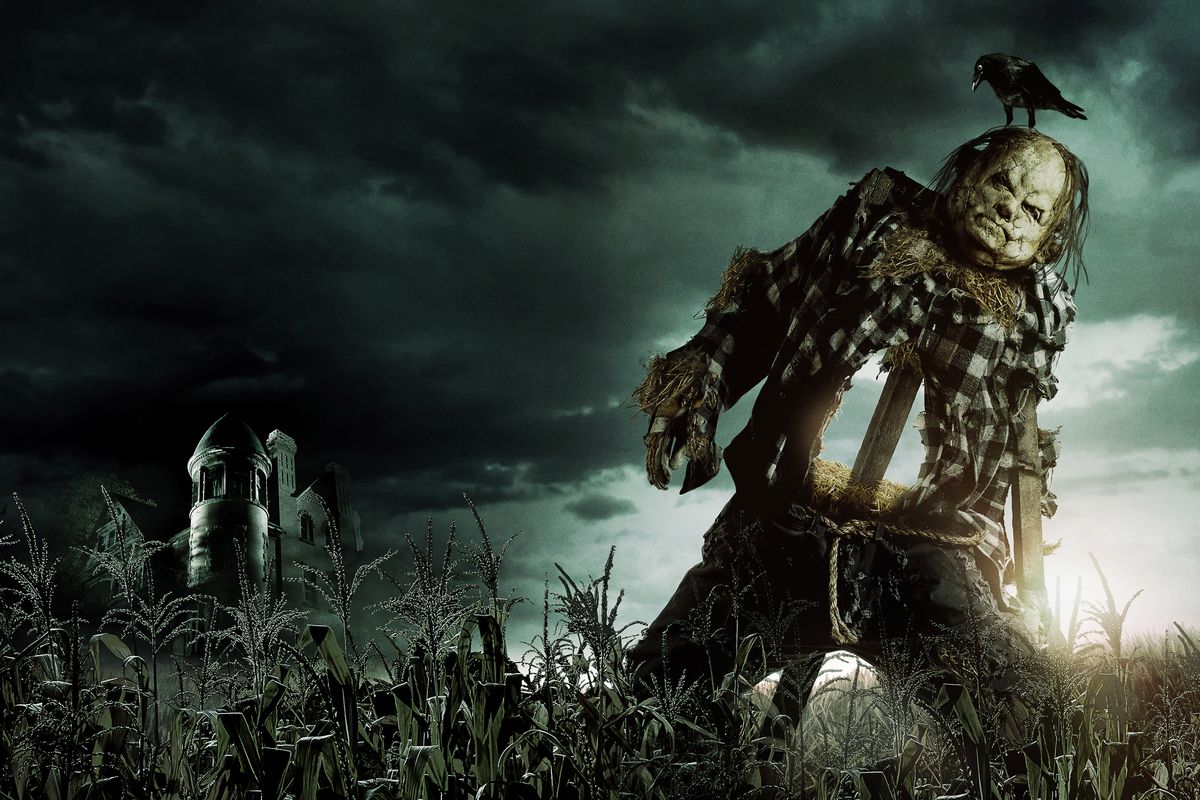Wright or Wrong: Dark Phoenix
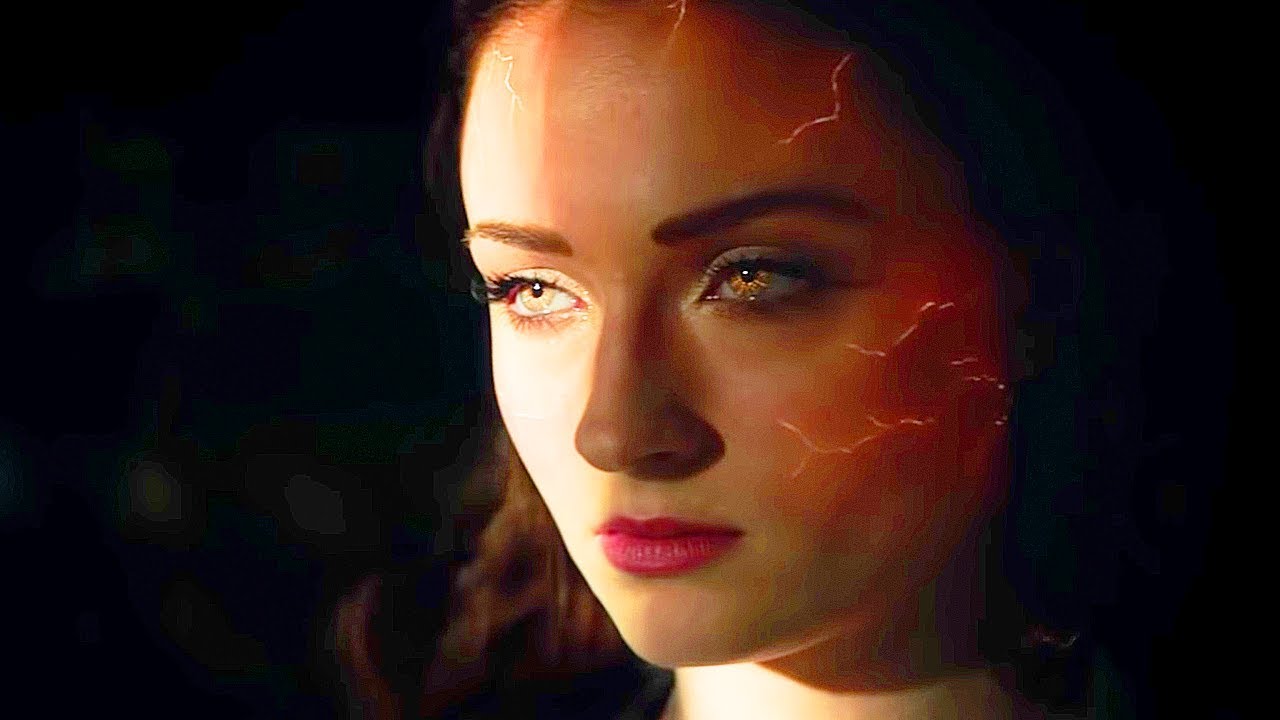
"Dark Phoenix" is a surprisingly intimate, moody, and unique drama that proudly upholds the "X-Men" franchise's cinematic legacy of using the superhero genre to test the waters of providing a unique spin on tightly focused, intimate, character dramas... for 20 minutes.
Delving into the psychology of Jean Grey, reprised by Sophie Turner, the movie sets up what seems to be a smaller scale character study of the powerful young heroine at a time in which Charles Xavier's (James McAvoy) X-Men are heralded as national heroes for their role in emergency intervention, leading to the stigma surrounding mutation to slowly fade away. After a mission in which the team saves a group of astronauts from an unknown cosmic entity, said entity not only enhances Jean's abilities but leaves some sort of destabilizing effect on her psyche, making her a danger to herself and her surroundings and forcing her friends and teammates to deal with her in ways only conflicting with each other's philosophies before she puts the world at risk.
Unfortunately, after some fairly intriguing groundwork being laid by the establishment and foreshadowing of character conflicts by a cast that's better than the given material, along with an atmospheric musical score composed by Hans Zimmer reminiscent of the period appropriate "X-Files," the surface cracks of "Dark Phoenix" burst wide open and unveil a sloppy hodgepodge of everything both great and horrid about Fox's handling of the franchise over its nearly 2 decade run.
With the Disney acquisition in full effect now and having felt imminent even at the time of its proposal, one can't help but shake the feeling that the movie itself is in crisis.
The film attempts desperately to pump up its idea as some sort of thematic finale to the franchise despite feeling undercooked and opening of more questions that could have easily set up future installments themselves, loosely adapting the "Dark Phoenix Saga" of the comic book source material, which was itself, the direct culmination of years soap operatic plot threads involving intricately established characterization and narrative arcs that play out as a full blown space opera utilizing thoroughly explored and everpresent cosmology.
"Dark Phoenix" is at its best when its honed in on the human element. The tragic cost of the havoc wreaked by Jean puts previously established allies and enemies on opposite sides of one another for understandably impassioned reasons and when the actors are allowed to carry the film on performance, the film almost works.
McAvoy and Michale Fassbender could do the jobs as X and Magneto in their sleep at this point but really get to show some new sides of the characters as they and their co-stars cope with a key loss in the movie that reveals more to them than they've been previously allowed to. Additionally, while the movie struggles to really make good use of it, Sophie Turner gives a terrific performance evocative of the intense frustration of suffering from mental disorders and the infuriating battle that ensues to take control of oneself despite the lacking network of support needed to help her cope.
At the heart of the film is an engaging, thoughtful, and intimate sci-fi drama, exploring the dangers of leaving mental disorders unchecked, along with the fallout of bad episodes that can stem from these less than ideal situations.
They were enough to carry the movie properly, even if they don't sell an ideal grand finale to a franchise of this legacy, which makes the presence of shapeshifting aliens aiming to claim Jean's powers to resurrect their fallen civilization almost laughably random.
Rumors of the film being a production nightmare have persisted for at least a year and a half and while hard confirmation is hard to come by, the most debilitating flaw of "Dark Phoenix" points to this in more ways than one.
"Dark Phoenix" features displays of staggeringly inept filmmaking.
While it would be accurate to say that some sort of meddling clearly created a chaotic clash of directorial vision with studio intent, it would be perhaps more apropos to say the baseline vision was too weak to withstand the messy re-shoots and retooling clearly on display here.
Simon Kinberg's screenplay may carry some good ideas but whoever thought it was a good idea to allow such a high profile production to be his directorial debut needs to desperately have their job pulled into question.
The cast struggles to stay afloat as they seemingly need to find their own direction for every given scene and even letting go of the pervasively cheap look of the makeup jobs and costuming, the visual palette is so flat that it detracts from all of the drama and action while drawing attention to the choppy editing.
On the back of its ambition and a well coordinated if mildly dragging climax, I can't call "Dark Phoenix" the worst film of the "X-Men" franchise by a long shot but it may very well be the most infuriating.
It's potential is indicative of the sort of ambitious creativity that allowed the "X-Men" to endure as a franchise at a time when the rest of the genre was busy chasing the cinematic universe model but no amount of admiration I have for its intent will cover up that the most interesting story "Dark Phoenix" is destined to have is the documentary of how it managed to fall apart this badly and what it's like to work on a production with the foregone conclusion of your job being shuffled off by corporate overlords only becoming evident in the endgame of principal photography.
2 out of 5
Graduating from Texas A&M University—Commerce with a bachelor's degree in News and Editorial Journalism, Jordan Wright has lived most of his adult life professionally critiquing films, from major blockbusters to indie dramas, and has no intentions of stopping.


